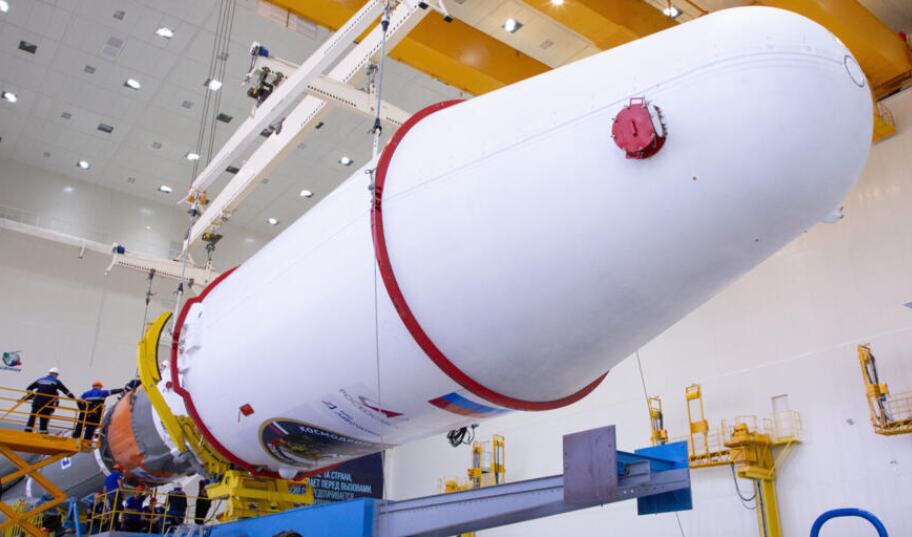Russia Sets Sights on Lunar Mission: Reviving Pioneering Space Program Despite Western Setbacks
Russia is launching its first lunar mission in over 40 years with the Luna-25 lander. Despite tensions and withdrawn cooperation from the ESA, Russia is committed to its lunar program.
Russia is gearing up for its first lunar mission in over four decades, with plans to launch a lunar lander, Luna-25, later this week. The Soyuz rocket, which will carry the lander, has been assembled at the Vostochny Cosmodrome in the Russian Far East, according to the Russian space agency, Roscosmos.
Luna-25 is set to land in the region of the lunar south pole, a departure from previous Moon landings near the lunar equator. The mission aims to practice soft landing, collect and analyze soil samples, and conduct long-term scientific research.
This launch marks the beginning of Moscow's new lunar project, as it seeks to revive and build upon the Soviet Union's pioneering space program. However, tensions with the West, particularly following Russia's Ukraine offensive, have strained cooperation in the space industry.
The European Space Agency (ESA) withdrew its cooperation with Russia for the Luna-25 launch, as well as future missions 26 and 27. Despite this setback, Russia is determined to proceed with its lunar plans, replacing ESA equipment with Russian-made scientific instruments.
President Vladimir Putin has emphasized Russia's commitment to its lunar program, citing the Soviet Union's success in putting the first man into space in 1961 despite facing total sanctions. Putin has pledged to continue developing the lunar program, despite current Western sanctions.
The launch, which Putin considers a high-risk mission, has an estimated 70 percent chance of successful completion. In preparation for the launch, residents of the village of Shakhtinsky in the Khabarovsk region will be evacuated, as the rocket's boosters are expected to fall there.
Russia's space industry has faced various challenges, including corruption scandals and botched launches, leading to struggles in innovation and securing state funding. As Russia aims to return to the Moon, it faces stiff competition from the United States and China, who are also actively involved in the global space race.
With this lunar mission, Russia hopes to make significant scientific advancements and strengthen its collaboration with China in the realm of space exploration. Despite geopolitical tensions, Russia remains committed to pursuing its ambitious space ambitions, propelled by the legacy of its ancestors and the desire to overcome any obstacles or attempts to impede its progress.




